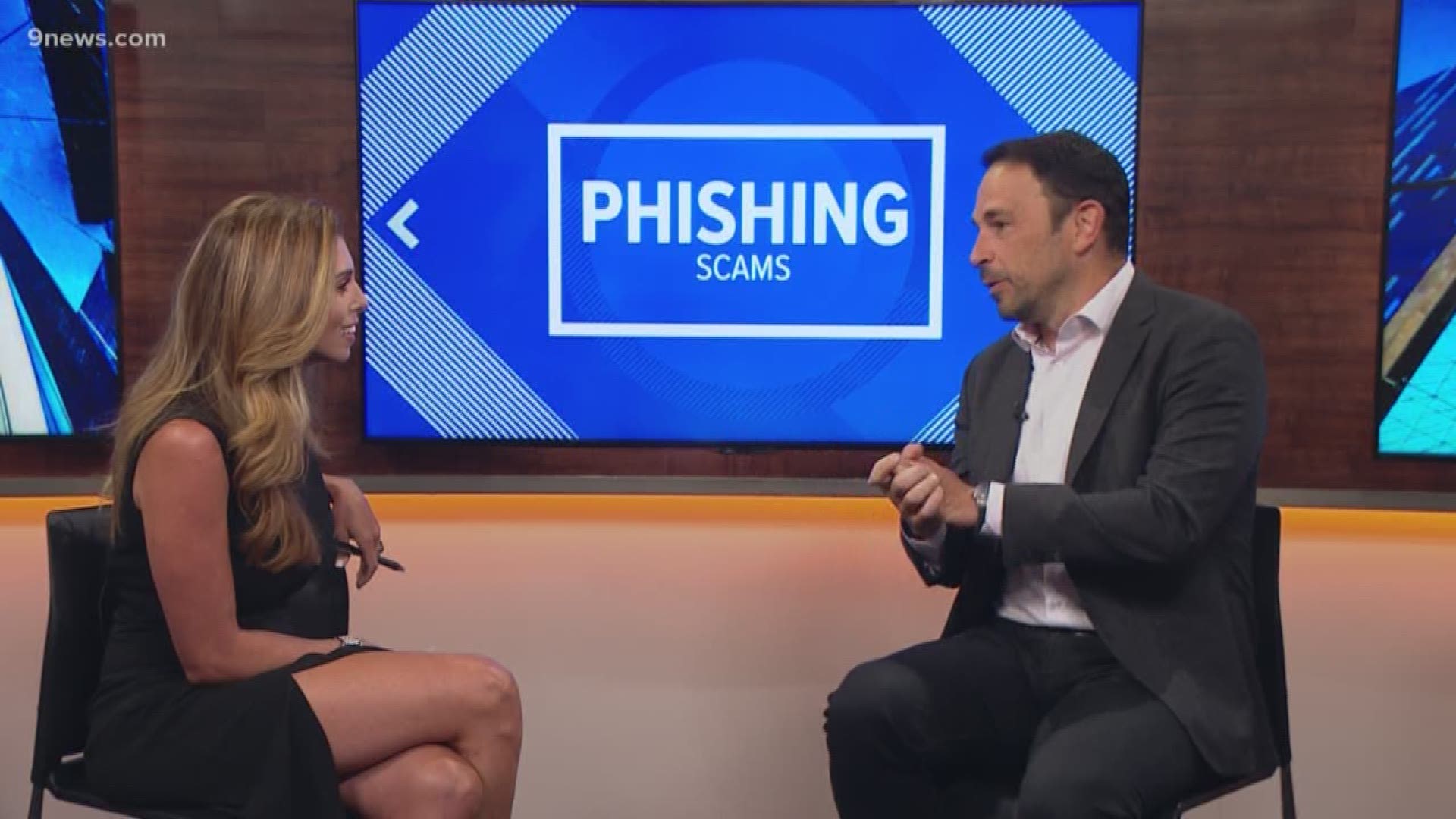DENVER — Coloradans are encouraged to be extra vigilant when it comes to scammers looking to profit off of fears surrounding COVID-19, a new strain of the coronavirus.
Colorado Attorney General Phil Weiser issued a consumer alert last week warning Coloradans about scammers who have been setting up websites that sell bogus products claiming to cure the virus.
There currently are no vaccines, pills, potions, lotions, lozenges or other prescription or over-the-counter products available to treat or cure COVID-19, according to the Federal Trade Commission (FTC)
> In the video above, a tech expert shares tips on how to avoid common phishing scams.
Scammers have also been using fake emails, texts and social media posts in an attempt to lure consumers into giving them personal or financial information, according to the AG’s office. They may be asking consumers to donate to victims by marketing fake treatments or sending malicious email attachments.
“Scammers take advantage of natural disasters and emergencies,” said Weiser. “By learning how to avoid scams related to Coronavirus, we can work together to ensure no one in our state is taken in by these malicious attempts to defraud Colorado consumers during this public health emergency.”
The AG’s office offered these tips as ways to avoid COVID-19 scams:
- Consumers should be aware of online offers for vaccinations.
- Consumers should not click on links from sources they don’t know. Those links could download viruses into their computer or device.
- Watch for emails claiming to be from the Centers for Disease Control and Prevention, or experts saying they have information about the virus.
- Charity sites or people asking for donations in cash, by gift card, or by wiring money, should not be trusted. Check the validity of charity websites by going to charitynavigator.org or charitywatch.org.
In addition to scam reports, the AG's Consumer Protection Division has been in contact with representatives from Amazon to coordinate efforts to address potential price gouging on items like paper products, cleaning supplies, hand sanitizer and soap.
Colorado consumers can report any scams, fraud or price gauging by calling Stop Fraud Colorado at 800-222-4444 or going to StopFraudColorado.gov.
RELATED: Coronavirus live blog, March 16-22: Dine-in restaurants, gyms, theaters closing across Colorado
SUGGESTED VIDEOS: Colorado coronavirus

